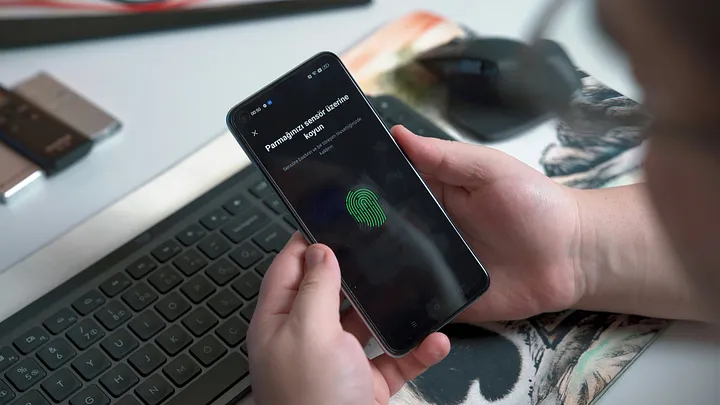
Protect Your Online Identity: Security Tips for Professionals
Guarding your online identity is crucial in today's digital age. As a professional, you need to take proactive measures to ensure your personal information remains secure.
Use Strong and Unique Passwords
Creating strong, unique passwords for each of your online accounts is fundamental in safeguarding your identity. Avoid using easily guessable information such as your name or birthdate. Instead, opt for a combination of letters, numbers, and special characters.
Enable Two-Factor Authentication
Two-factor authentication adds an extra layer of security by requiring a secondary verification method, such as a code sent to your phone, in addition to your password. This significantly reduces the risk of unauthorized access to your accounts.
Be Wary of Phishing Attempts
Phishing scams are prevalent and can trick you into revealing sensitive information. Always verify the sender's identity before clicking on any links or providing personal data. Be cautious of emails or messages requesting urgent action or offering suspicious deals.
Keep Your Software Updated
Regularly updating your operating system, antivirus software, and applications is essential to patch security vulnerabilities. Hackers often exploit outdated software to gain access to your device and steal your identity.
Monitor Your Accounts
Regularly review your bank statements, credit reports, and online accounts for any unauthorized activity. Promptly report any suspicious transactions or discrepancies to your financial institution or service provider.
Avoid Oversharing on Social Media
Be cautious about the information you share on social media platforms. Avoid disclosing sensitive details such as your home address, phone number, or financial information publicly. Adjust your privacy settings to control who can view your posts and personal information.
Use Secure Wi-Fi Networks
Avoid connecting to unsecured Wi-Fi networks, especially when accessing sensitive information such as online banking or business accounts. Use virtual private networks (VPNs) when connecting to public Wi-Fi to encrypt your data and prevent unauthorized access.
Secure Your Devices
Protect your devices with strong passwords or biometric authentication methods such as fingerprint or face recognition. Enable device encryption to safeguard your data in case your device is lost or stolen.
Be Vigilant Against Identity Theft
Monitor your credit reports regularly and be alert to signs of identity theft, such as unauthorized credit inquiries or accounts you didn't open. Report any suspected identity theft incidents to the appropriate authorities immediately.
Educate Yourself and Stay Informed
Stay informed about the latest security threats and best practices for protecting your online identity. Educate yourself and your colleagues about potential risks and how to mitigate them effectively.
By following these security tips, you can significantly reduce the risk of identity theft and protect your online presence as a professional.